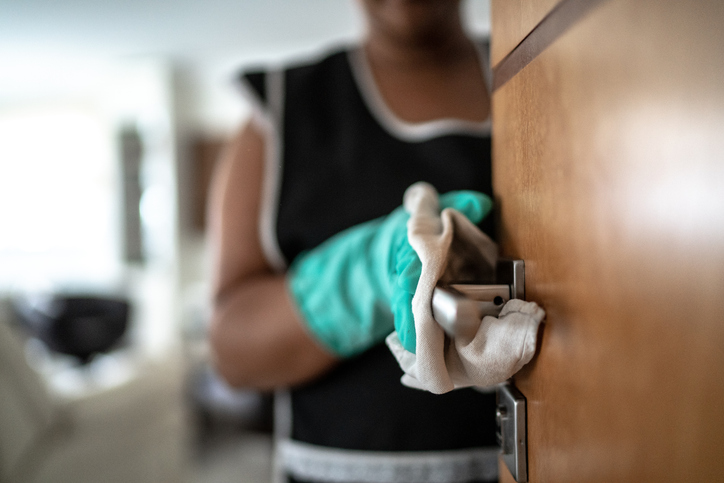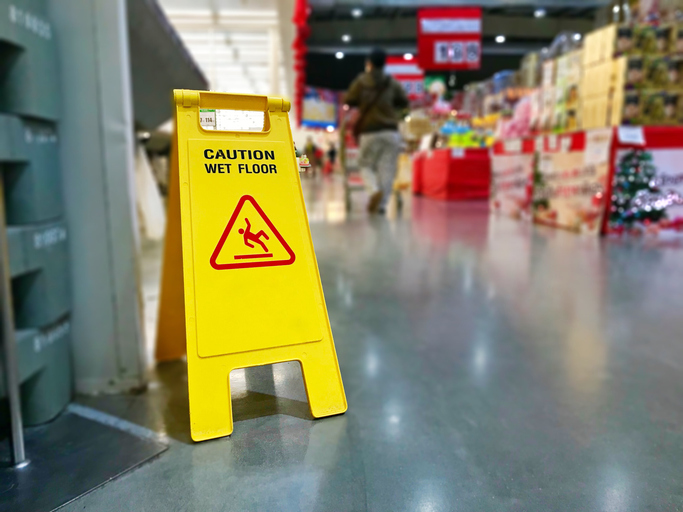
You may be eligible for compensation for a 4th of July party injury.
Injured at a Fourth of July Event in Texas? Here’s What You Need to Know
Fireworks, cookouts, and community celebrations are all part of the fun on the Fourth of July—but for some, the night ends in injury instead of memories.
 Texas Injury Lawyers Blog
Texas Injury Lawyers Blog










